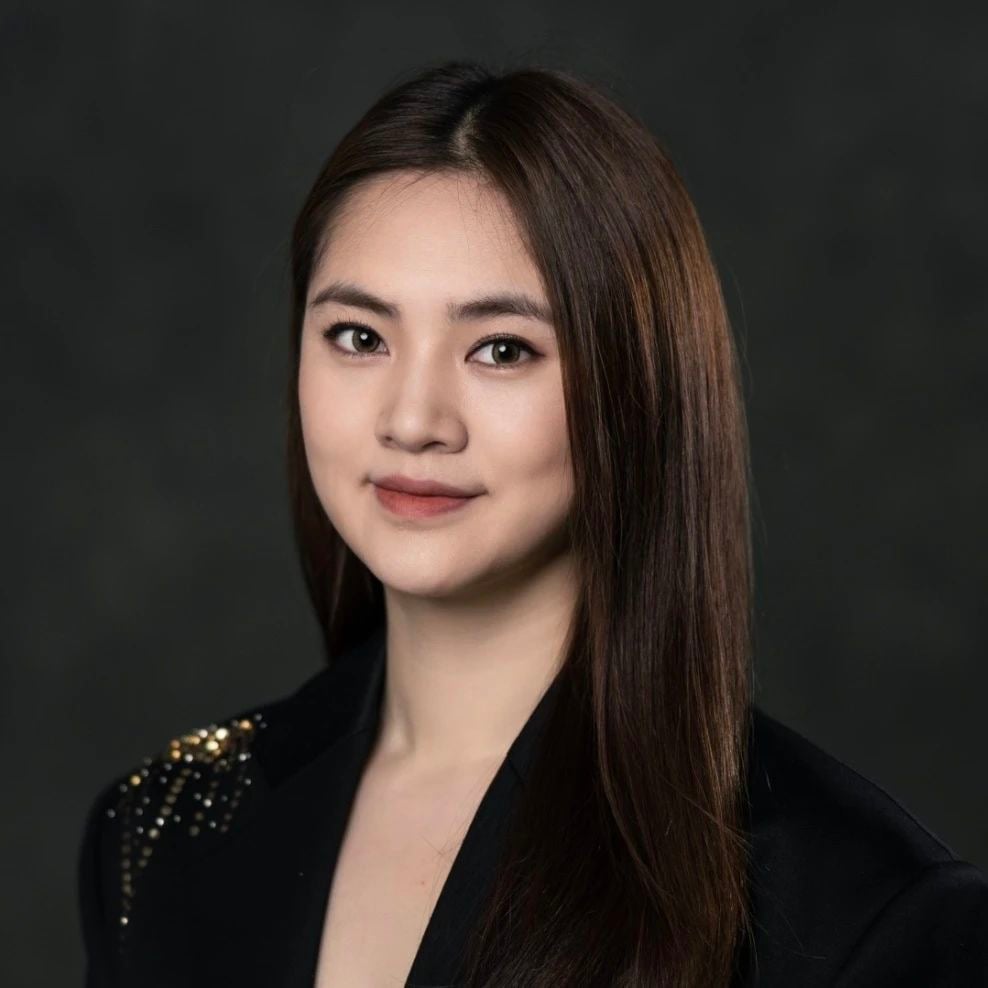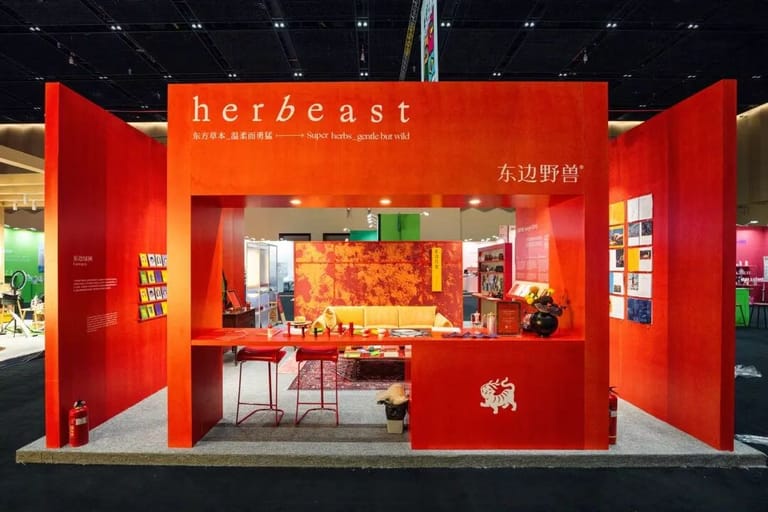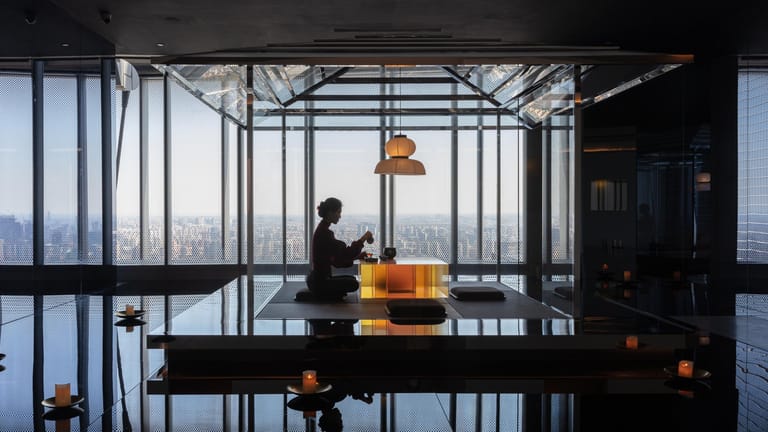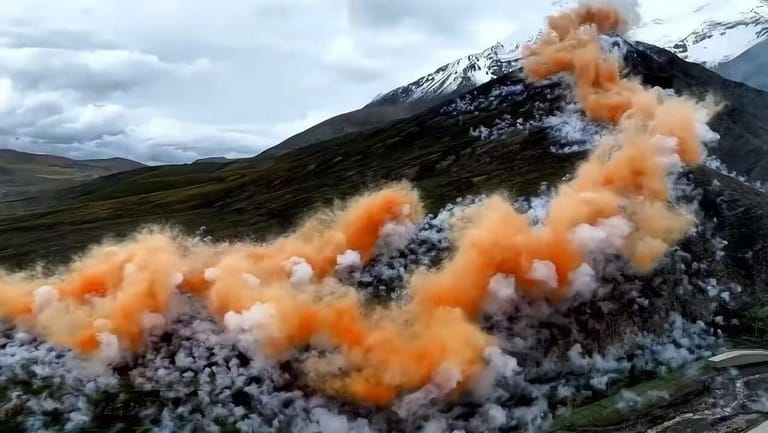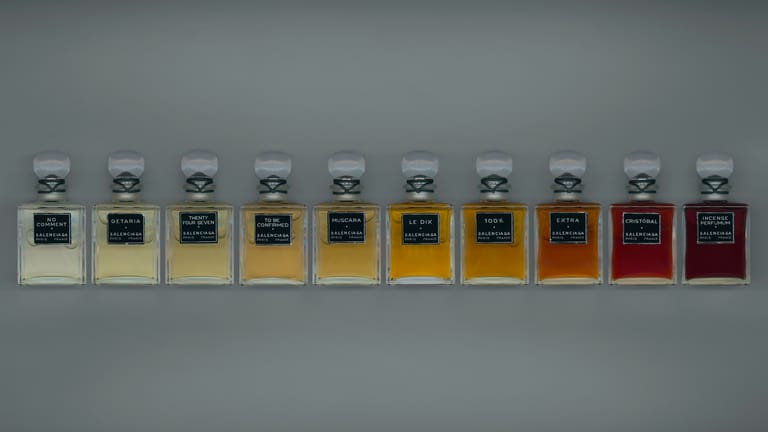How Bvlgari Perfume is Tapping Into China’s Next-Gen Scent Revolution

On March 18, Bvlgari Perfume marked the 30th anniversary of its Darjeeling Tea collection with an immersive celebration at the LUX Chongzuo Resort in Guangxi. The event’s location—a landscape of rolling mountains and mist-laden tea plantations—was more than just picturesque; it was a deliberate move to reinforce the fragrance’s olfactory DNA and cultural relevance. Through a series of carefully orchestrated sensory experiences, Bvlgari transported attendees into the world of Darjeeling Tea.
This anniversary activation is a strategic play in a fragrance market undergoing rapid transformation. China’s fragrance sector reached RMB 18.15 billion ($2.5 billion) in 2023, marking a 24.25 percent year-on-year increase, and is projected to hit RMB 25.44 billion ($3.5 billion) by 2025, according to iiMedia Research. But it’s not just about growth—it’s about shifting consumer behavior. The rise of Eastern notes reflects a broader movement where scent is no longer just a luxury accessory but a cultural expression.
Since February, orders for Chinese-inspired fragrances on Taobao have surged 280 percent, with purchases by Gen Z consumers skyrocketing over 300 percent year-on-year. This signals a fundamental shift—young consumers are not just buying perfume; they’re seeking narratives, identity, and emotional resonance. For them, fragrance is a conduit to memory and self-expression, making cultural storytelling an essential driver of brand differentiation.
Bvlgari’s approach with this activation extends beyond mere anniversary fanfare—it’s a strategic recalibration tailored to the nuances of the Chinese fragrance market. By selecting Guangxi, a region known for its lush tea landscapes, Bvlgari roots the Darjeeling Tea collection in an authentic, nature-inspired setting. This move enhances the fragrance’s narrative, positioning it as more than just a scent but a sensorial journey tied to Eastern heritage. For a generation of Chinese consumers increasingly drawn to products that reflect their cultural identity, this localized storytelling adds depth to the brand’s Western luxury image.
The presence of Asia-Pacific brand ambassador Zhou Yiran and master perfumer Jacques Cavallier further amplifies the fragrance’s credibility, reinforcing both the artistry behind the scent and its cultural resonance. Their involvement underscores Bvlgari’s dedication to craftsmanship—an essential factor in securing consumer trust in China’s competitive high-end fragrance market. The fusion of celebrity influence and expert perfumery speaks to Chinese consumers’ desire for authenticity and prestige in their brand choices.
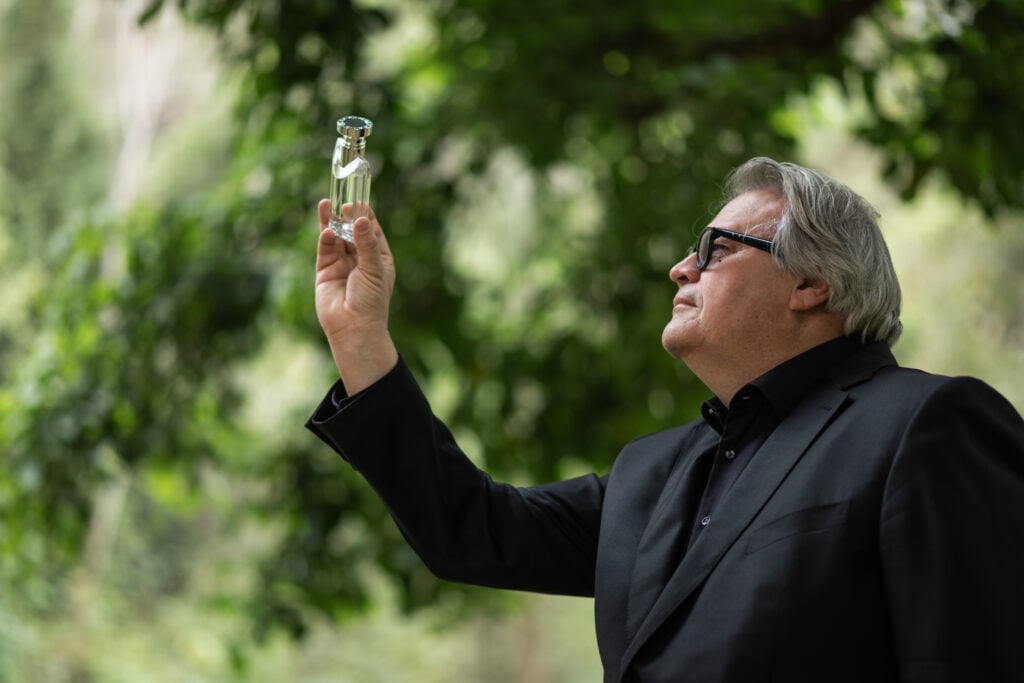
Beyond the physical event, Bvlgari’s strategy leans heavily into digital amplification. The visually rich, immersive experience was designed to generate organic social media engagement, ensuring the brand’s presence extended far beyond the attendees. Given Gen Z’s preference for shareable, experience-driven content, this aligns seamlessly with their digital-first consumption habits, fostering both engagement and desirability.
Bvlgari Perfume is positioning itself at the intersection of heritage, sensorial luxury, and cultural storytelling—key pillars in China’s evolving fragrance landscape. This anniversary event not only reinforced the Darjeeling Tea collection’s legacy but also demonstrated how Western brands can adapt to China’s unique consumer psychology. By embedding its fragrance within a narrative that blends nature, nostalgia, and craftsmanship, Bvlgari isn’t just selling a perfume—it’s selling an experience, a sentiment, and a cultural connection. In a market where fragrance is increasingly tied to personal identity and storytelling, this strategic approach could be a model for how global brands engage China’s next-generation fragrance consumers.

